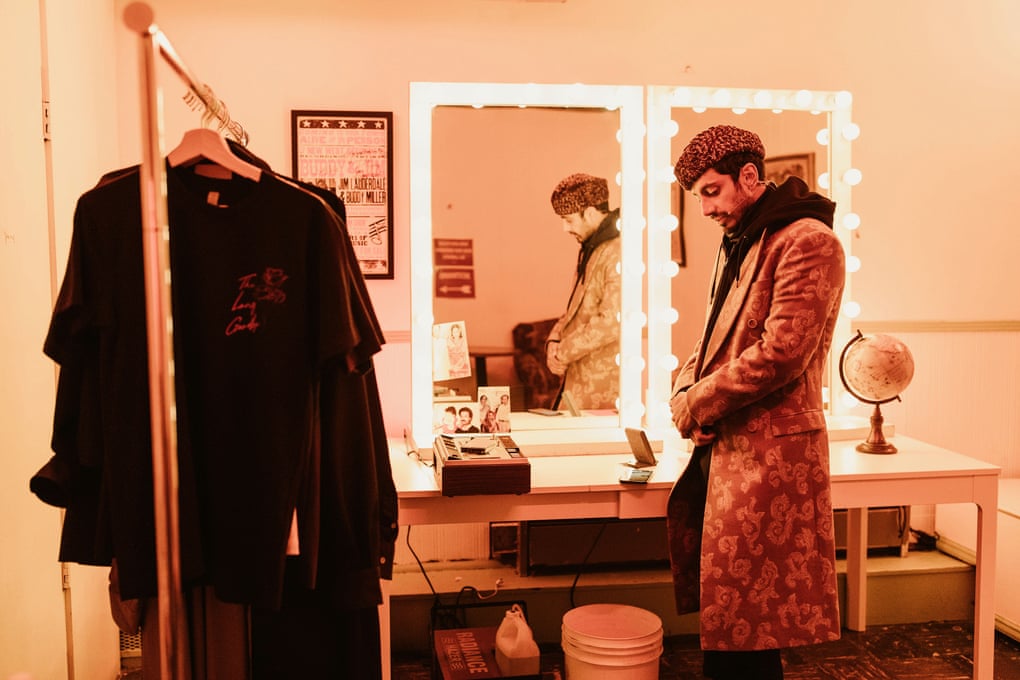Riz Ahmed has been nominated for the Golden Globe Award for Best Actor. The nomination concerns Ahmed’s performance in the movie Sound of Metal, where he plays the main character Ruben, a drummer who loses his hearing. For this role, Ahmed is also predicted to be nominated for an Oscar. I am generally not very familiar with film award nominations, but the recognition of Riz Ahmed’s work has a wider significance. Riz Ahmed is a British actor, musician and activist. To the general public, he is probably best known from the series The Night Of, but here I want to highlight his artistic and activist work related to the topics of racism, exclusion and Islamophobia. Through his acting in movies such as The reluctant fundamentalist (based on Mohsin Hamid’s novel with the same name), The road to Guantanamo, and the cult classic Four Lions, Ahmeds work has raised questions about what it means to grow up as a Muslim in a post-9/11 world.
In addition to portraying and drawing attention to the war on terror and its consequences and impact on individual lives, much of Ahmed’s work revolves around navigating a state of inbetweenness. For Ahmed’s own part, this state of inbetweenness is rooted in belonging to a family that immigrated from Pakistan as well as being born and raised in the UK.
Ahmed’s artistic work can be classified as what the cultural theorist Homi Bhabha has called the creating of third space, a space where hybrid identifications and cultural transformations are possible. Ahmed has pursued this work by using different artforms. Last year, he released the solo album The Long Goodbye on his own record label, a personal portrait woven together with the British colonial history. Later, Ahmed did a virtual performance on the album, a kind of virtual third space where rap and qawwali music are mixed with questions about what is home in a British context with growing nationalism.
In the article typecast as a terrorist, Ahmed shares his own journey through the British and North American film industry, a journey that includes several airport security checks. Working against stereotypes also means that you are forced to relate to them and thereby keep them alive. At the same time, creative ways of challenging stereotypes have been of central importance for minorities in order to be recognized and have their voices heard, something the cultural theorist Stuart Hall has shown in studies of African Americans in the American film industry. The stereotype of the Muslim terrorist has been strong and persistent, and perhaps that is precisely why Riz Ahmed being recognized for his role, not as a Muslim terrorist, but as Ruben, a hardrock drummer is important.

